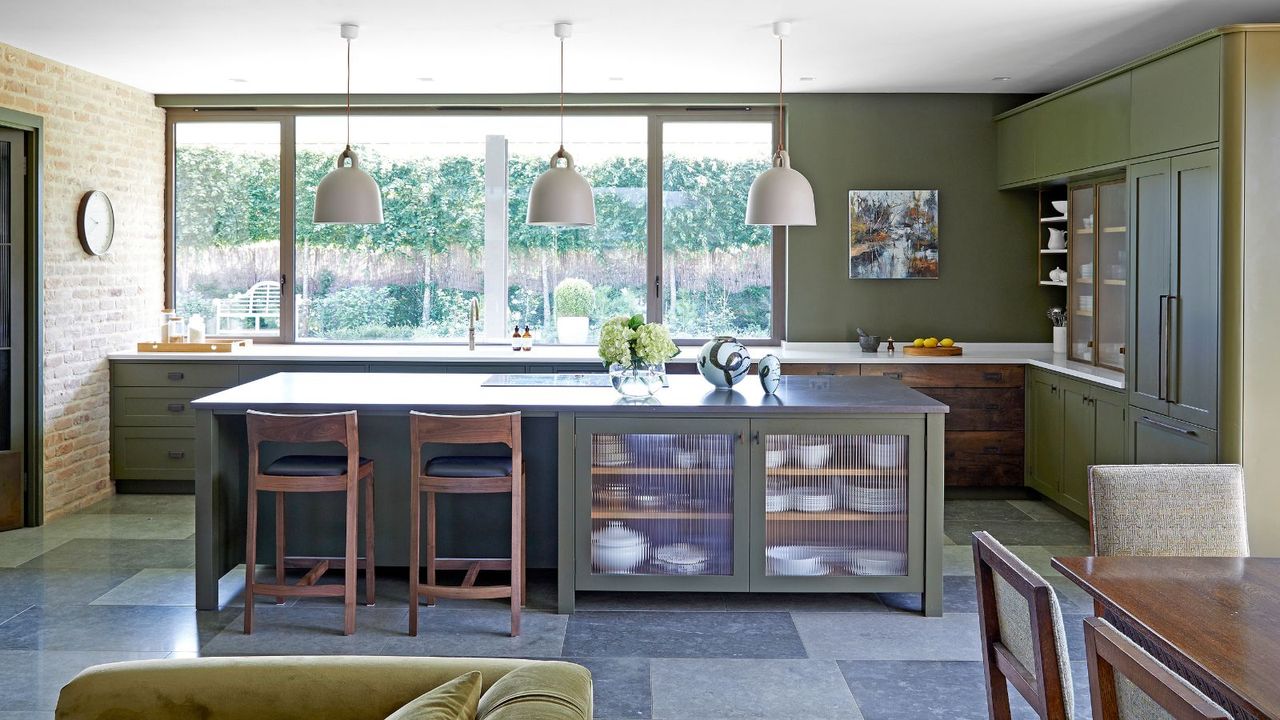
If you've ever felt the frustration of clutter accumulating uncontrollably around your home, you've likely experienced 'clutter creep.' But what is it exactly, and why does it keep coming back?
As our professional organizers advise, the reason for its return is that it's sneaky by nature – a pile of mail here, a tangle of bags there, and very soon your home is right back where it started – messy, disorganized, and in urgent need of a serious tidy.
Here, our pros explain everything you need to know about this all-too-common occurrence, with expert tips on banishing these accumulation pieces once and for all.
What is 'clutter creep'?
Even if you're clued up on all the very best decluttering methods, the problem with 'clutter creep,' according to Di Ter Avest, professional organizer and founder of Diisorganized, is that 'sneaky way stuff builds up in your home without you even noticing.' Sound familiar?
'One day, your counter looks clear, and the next week, there are school papers, unopened mail, and random odds and ends living there,' she explains. 'It’s not usually a big, dramatic mess all at once – it’s the little things that trickle in and quietly take over your space.'
In fact, according to Ben Soreff, professional organizer at House to Home Organizing, because 'clutter creep' happens so slowly, you usually don't actually see it until it's already too late.
'A jacket on the floor of the closet doesn't seem like a big deal because we instinctively know it just fell off the hanger,' he says. The issue arises, however, when these little things are left to languish.
'Just as the 'broken windows' theory of dealing with crime, clutter creep happens a little every day until the day arrives when you live in chaos,' Ben warns. 'Clutter occurs when you push making a decision about what to do with an item. Either you don't have systems set up, like a home for everything, or you don't enforce the habit of putting an item away.'
And, as Di adds, the trouble with 'clutter creep' is that it usually starts with good intentions, or a momentary lapse in daily decluttering.
'You come home tired and think, “I’ll just set this here for now,”' she explains. 'Or you don’t have a clear home for something, so it floats around until it lands on the nearest surface.
'Multiply that by a few days – or a busy season of life – and suddenly clutter has collected into corners, counters, and closets. It’s less about laziness and more about not having simple systems in place to catch things before they pile up.'
How to avoid 'clutter creep'
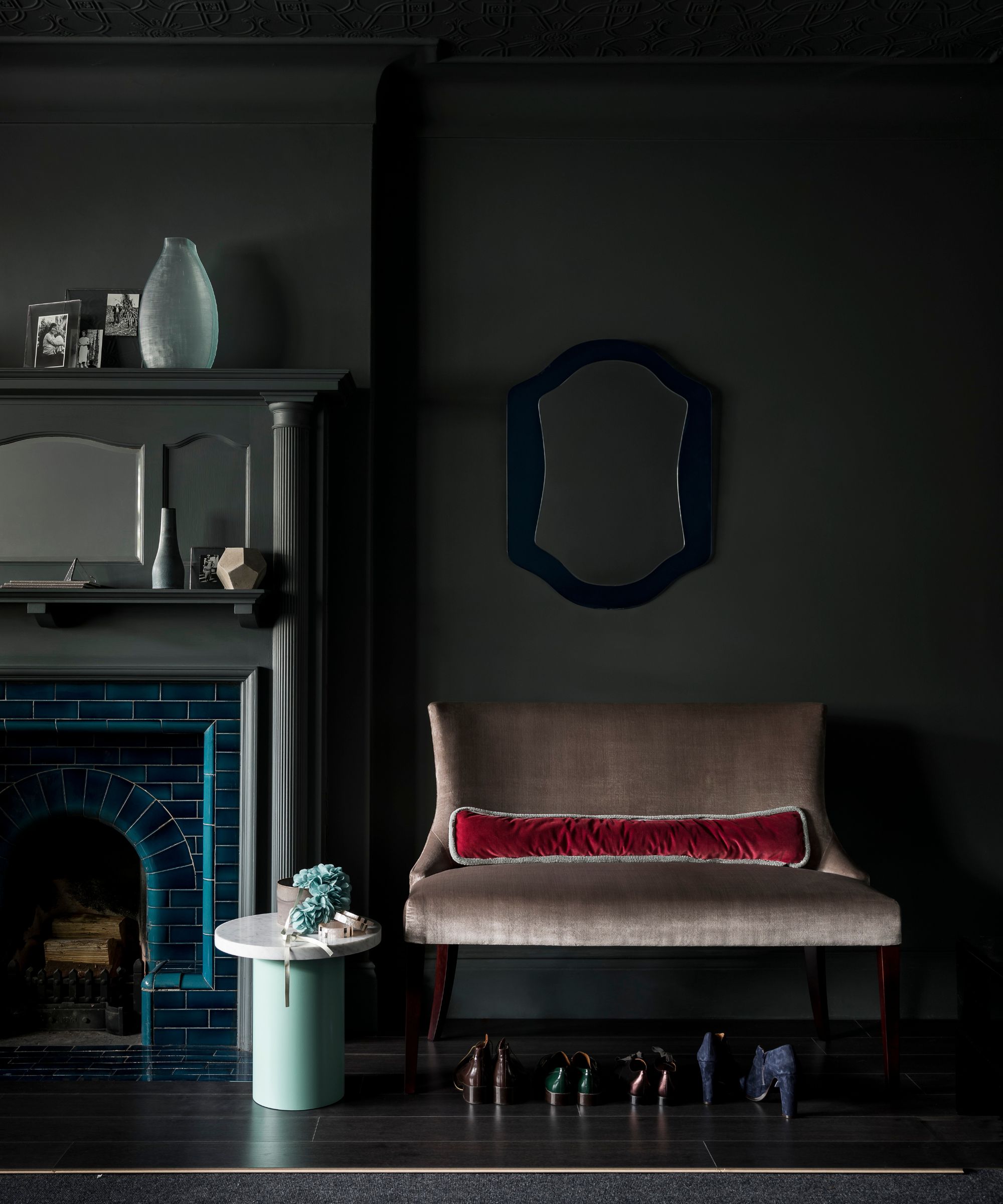
To avoid these everyday items building up without your acknowledgement, there are two plans of attack, says Tracy McCubbin, CEO and founder of dClutterfly.
'The first option is obvious,' she says. 'Stop buying stuff! The best way to prevent 'clutter creep' is to not let it in your home in the first place. Be deliberate and thoughtful about what you bring into your space,' keeping in mind the principles of the underconsumption trend, and the things minimalists never buy.
'The second option, which I do to my own home, is to declutter with every change of the season,' she continues. 'By decluttering every few months, you prevent the clutter from accumulating beyond the point of despair.'
For example, take inspiration from the things minimalists throw out every summer, or make use of our decluttering calendar for a month-by-month breakdown of what to focus your getting-rid-of energy on.
As Di says, the key to avoiding clutter coming back is to be 'proactive, not reactive. Give everything a designated home so items don’t have an excuse to linger where they don’t belong,' she recommends. 'Build small, daily reset habits – like clearing your kitchen counter at night or doing a quick five-minute tidy before bed.'
This is known as a 'closing shift' routine, and is one of the main tips professional organizers rely on to prevent low-level mess from building up.
'And most importantly, set limits,' advises Di. 'When you know how much is “enough” for you, whether it’s mugs, toys, or shoes, you’ll spot when extras start sneaking in.
'Your home should support you, not overwhelm you. When you set up systems that work with your lifestyle, clutter has a much harder time creeping back in.'
What to shop
All prices were correct at the time of publication.

You've got mail! Now, don't let it take over your space. Pop this holder in your entryway or on your kitchen table to banish piles and keep papers neat, tidy, and organized.
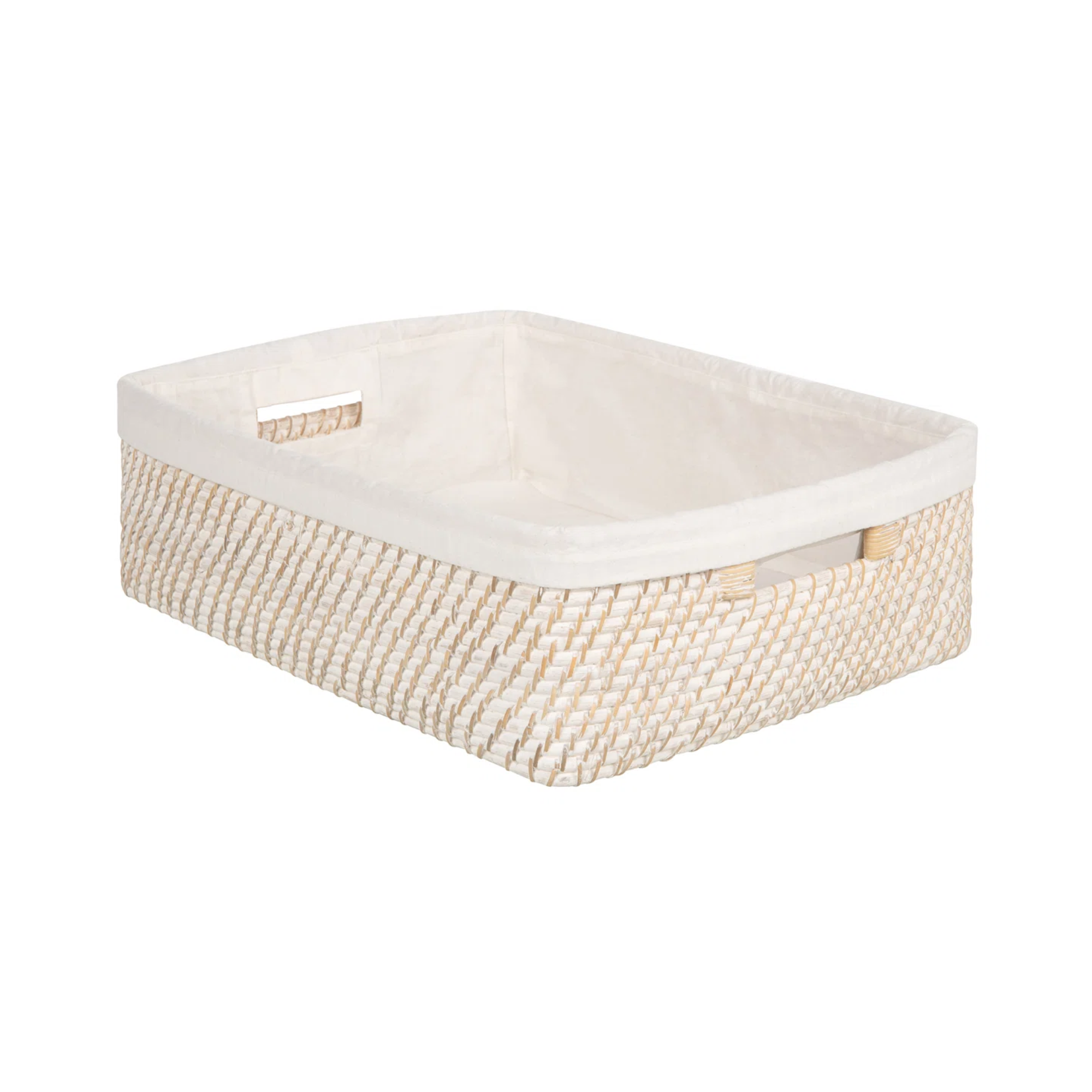
Blend effortless style with function with this handy storage basket, which features an open-top design for quick storage access and built-in handles for easy portability.
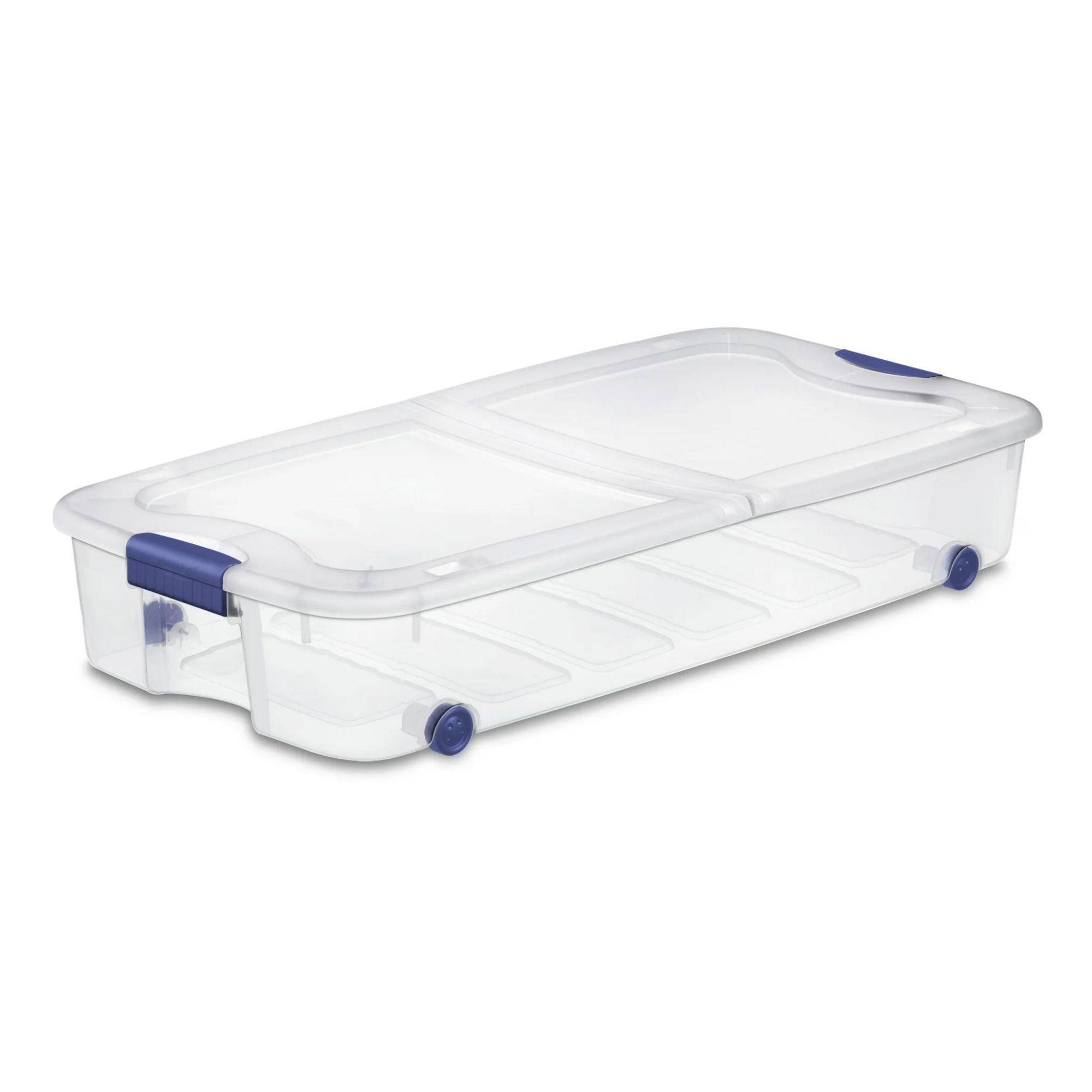
One of the best ways to prevent a build-up of clutter is by making use of the space under your bed. The clear design of this one makes it easy to identify its contents.
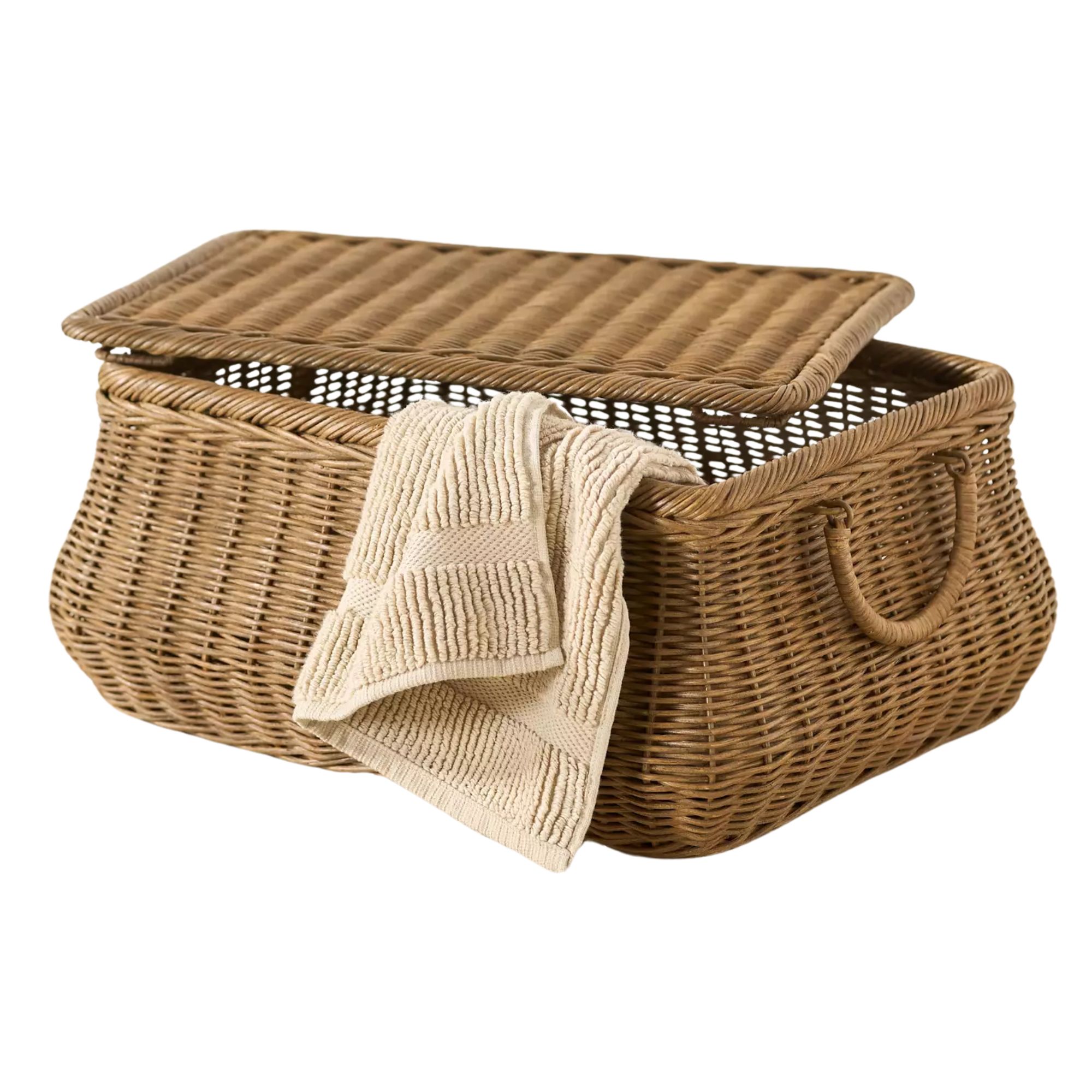
Hide clutter with this gorgeous lidded storage bin, large enough for throws, books, or other miscellaneous items around the home.

Take it from the decluttering queen herself and cut mess before it starts with this number one New York Times bestselling book. It has been named 'one of the most influential books of the decade' by CNN.
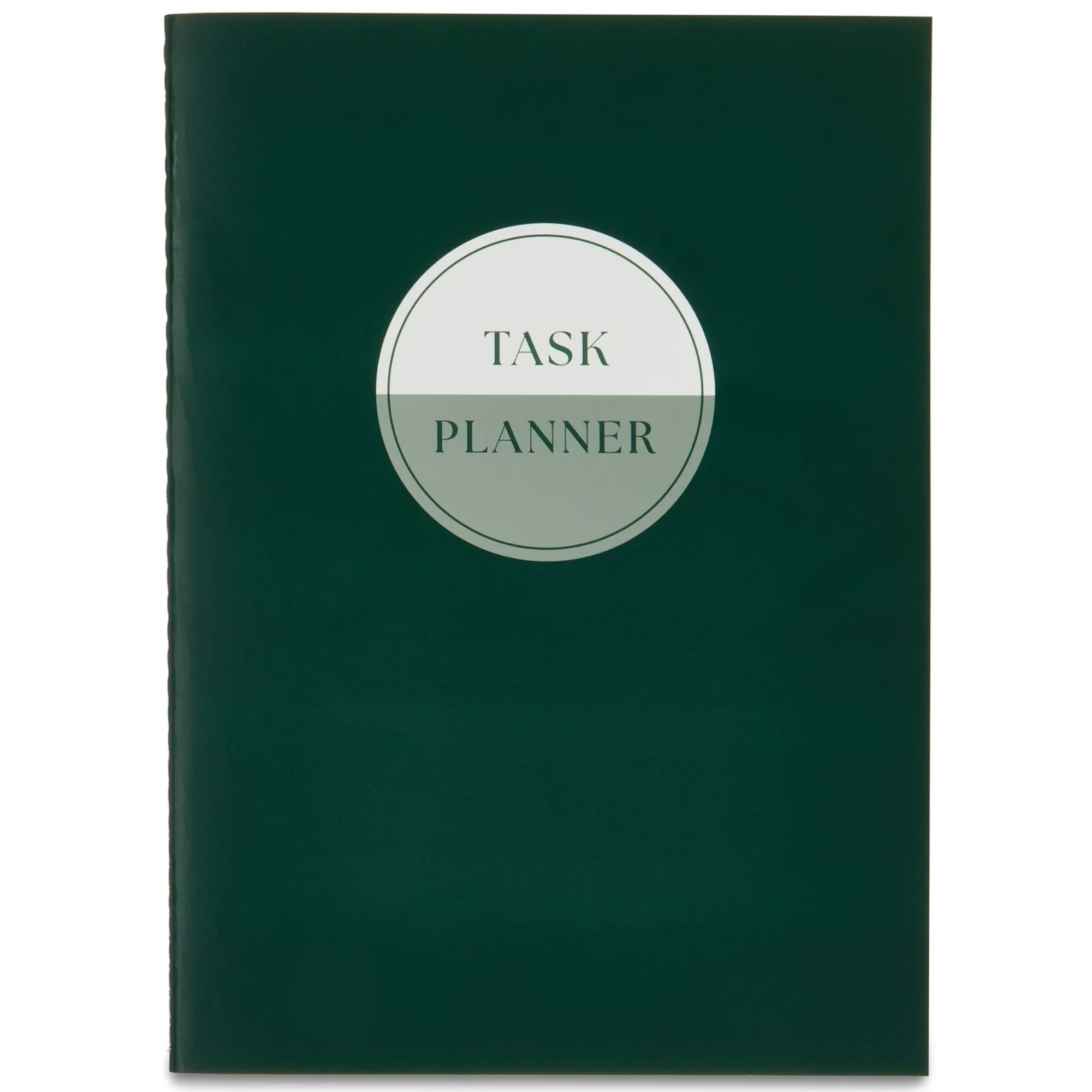
Keep track of problem areas around the house in need of your attention with this handy planner, with spaces for tasks, to-do lists, notes, and more.
Meet our experts
Once you've decluttered your home, don't forget to declutter your mind, too.







